Disclaimer: This content is provided for information purposes only: It does not represent legal advice, reflect the lawfulness of these cannabinoids or serve as an endorsement by Joy Organics. It is recommended to review both federal and state laws pertaining to the lawful sale of these and other cannabinoids.
Cannabis research continues to uncover more potential benefits of not just CBD and THC but other phytocannabinoids as well. Tetrahydrocannabivarin (THCV) is one of 110+ phytocannabinoids currently being explored for its potential benefits.
THCV is derived from cannabis and may produce psychoactive effects in high amounts. Many cannabis retailers in states without legal recreational marijuana laws are selling THCV-heavy strains called "diet weed."
Not to mention, many cannabis advocates believe it could also help curb the effects of THC, including overindulging in munchies and stress. Here's everything you need to know about THCV benefits, effects, and laws!
The History of THCV
While tetrahydrocannabivarin (THCV) is just starting to gain mainstream press, scientists have known about this phytocannabinoid since the 1970s. It is commonly found in cannabis plants native to Africa, with one South African strain boasting up to 53% THCV levels.
In the 1980s, scientists created a test for THCV levels to determine if confiscated cannabis plants were smuggled into the country. Since THC is commonly found in American cannabis plants, measuring THC wouldn't suffice. High THCV levels typically meant that the plants were from overseas.
As cannabis laws started to shift towards legalization, more studies on THC and CBD came to the forefront. THCV began to gain more traction in the 2000s.
As hemp became legal under the Farm Bill, it opened the door for gray areas in legal cannabis sales. Many cannabis retailers in states without a recreational marijuana program now sell THCV-heavy strains derived from hemp.
Will THCV Get Me High?
In small amounts, THCV shouldn't promote a mind-altering effect. Actually, it might counteract some of the effects of THC, including reducing your high. However, consuming a lot of THCV can promote mind-altering effects.
Initially, THCV was abundantly found in marijuana plants. However, hemp farmers started breeding hemp plants with high levels of THCV cannabis, which can cause intoxication.
Due to its shorter molecular chain, a THCV-induced high may not be as intense or last as long. However, it's sufficient enough for cannabis retailers to market and generate sales. Many cannabis consumers in states without recreational laws find THCV cannabis an acceptable alternative to traditional marijuana until legalization happens.
THCV vs. THC: What's the Difference?
THCV and THC may have a similar name and appearance, but that's where many of their similarities end. THCV is an analog of THC. That means they look alike but act differently in the system.
While THCV has many of the same compounds within its genetic makeup as THC, it has a shorter hydrocarbon chain. THC's long hydrocarbon chain is what makes for an intense and sustainable high.
Both THC and THCV are formed via chemical reactions among other acids and enzymes within the cannabis plant. Most common phytocannabinoids, such as THC and CBD, are derived from cannabigerol acid (CBGA). CBGA is created when geranyl pyrophosphate has a chemical reaction with olivetolic acid.
THCV is derived from cannabigerovarinic acid (CBGVA). CBGVA is created when geranyl pyrophosphate interacts with divarinolic acid, rather than olivetolic acid.
From there, both CBGVA and CBGA undergo reactions with THC synthetase. Then, they must go through decarboxylation to form THC or THCV.
As a note, THCV has a much higher boiling point than THC. It activates at 428°F instead of 315°F. So, you will have to vape THCV oils at a higher temperature than THC oils to experience their effects.
What Are THCV’s Effects?
Much like THC, THCV has a penchant for CB1 receptors in the endocannabinoid system. CB1 receptors are abundant in the brain and throughout the central nervous system.
However, THCV doesn't cause the psychoactive effects of marijuana. In lower amounts, it may actually counteract some of the effects of THC and help manage appetite.
Cannabis experts believe that THCV could support motor function and cognitive performance, and prevent munchies and other undesirable effects associated with THC consumption.
It accomplishes these tasks by blocking the CB1 receptors. These are the receptors THC binds to, which causes hunger pangs, clouds mental clarity, and impairs judgment.
Due to its interaction with CB1 receptors, experts believe that THCV may positively impact mood. These receptors also influence our comfort. So, there is hope that THCV might provide daily joint support, much like CBD products do.
Additionally, THCV seems to impact our feelings of satiety. Our hunger is regulated by hormones dictated by our endocannabinoid system. Since THCV prevents THC from causing excessive hunger pangs, THCV might be helpful in curbing overeating.
While THCV seems like the perfect counteraction to THC, there is always the risk of having too much of a good thing. THCV effects change as you increase your intake.
High amounts of THCV will promote mind-altering effects similar to THC. Since THCV has a smaller hydrocarbon chain, this high won't last as long. Many THCV users describe it as a short-lived burst of energy.
Will THCV Cause Me to Fail a Drug Test?
Many marijuana drug tests look for metabolites of THC. However, some panels will test for THCV content. It just might not be conclusive results.
One study with non-marijuana smokers found THCV metabolites can stay in the system for up to two weeks. However, only 50% of patients who consumed THCV had detectable THCV levels. So, THCV might not be sensitive enough for current drug tests to give accurate readings.
In any case, until there’s more research, we advise avoiding THCV if you’re worried about an upcoming drug test.
Is THCV Legal?
There is a lot of gray area surrounding the legality of hemp flowers with high THCV levels. The Farm Bill classified THC, cannabimimetic agents, and tetrahydrocannabinols as Schedule 1 controlled substances.
However, THCV is not outlined as one of the phytocannabinoids of concern. As a result, many cannabis merchants sell THCV flowers and oils and market these strains as "diet weed."
THCV isn't considered cannabimimetic because it doesn't perform the same functions as THC. It's also not derived from THC, so it can't be a tetrahydrocannabinol.
The unique genesis of THCV has given this molecule a pass in states with less stringent cannabis laws. It also exists in low amounts in most American-grown hemp plants, which makes it less of a priority for many lawmakers.
However, increased cultivation of THCV-heavy plants may cause a change of heart. The ongoing demand for cannabis products might cause stricter regulation and promote THCV to be defined as a controlled substance.
Additionally, THCV might be considered an analogue of THC. This classification can severely complicate the legality of THCV. As we discussed earlier, THC and THCV molecules have similar genetic makeups.
This legislation classifies THC analogues as controlled substances. Therefore, it's wise to read up on any local cannabis laws before making cannabis purchases.
What Are Popular THCV Strains?
Traditionally, cannabis plants rich in THCV are grown in Asia. However, THCV-heavy cannabis strains are increasing in popularity in the United States.
Some of the most popular strains of THCV-rich cannabis plants include:
- Doug’s Varin
- Durban Cheese
- Durban Poison
- Jack the Ripper
- Pineapple Purps
- Pink Boost Goddess
- Power Plant
- Red Congolese
- Skunk #1
- Willie Nelson
If you are looking for strains that are high in THCV, opt for African-sativa plants. They naturally produce more THCV.
Many of these popular strains are also used as parents to make newer strains. Look into the genetic background of strains you are interested in to see if any of the above-mentioned strains are in their lineage.










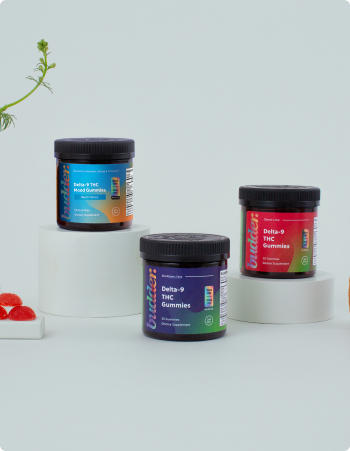




















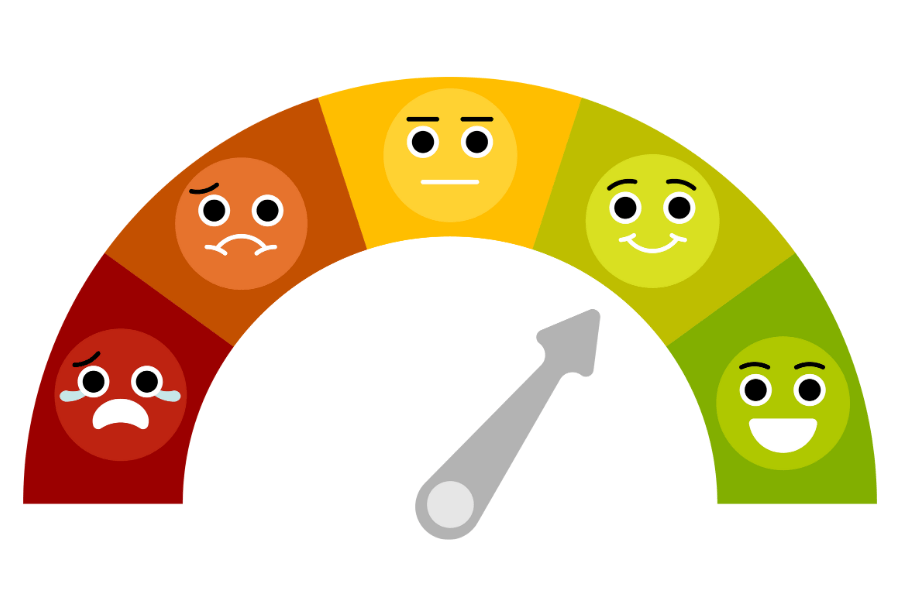
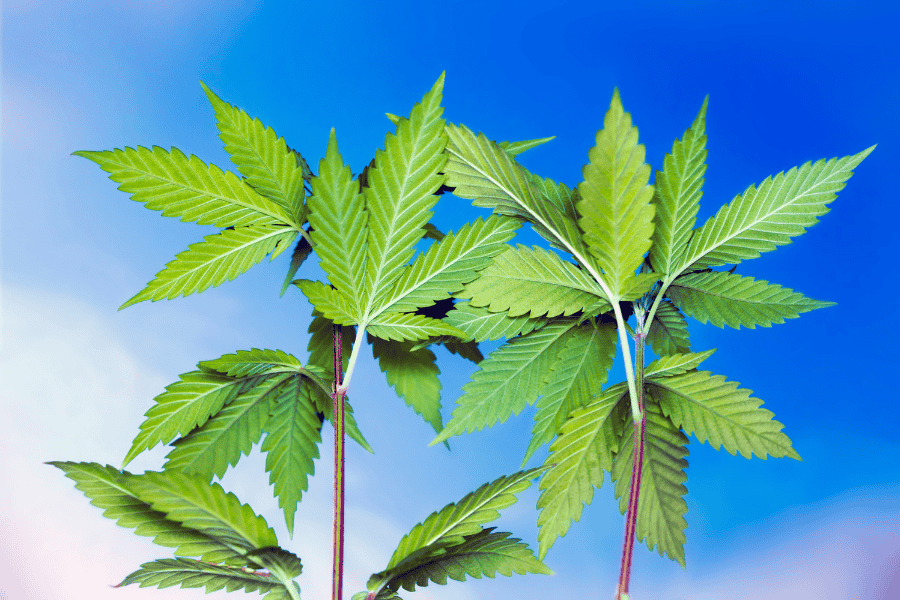


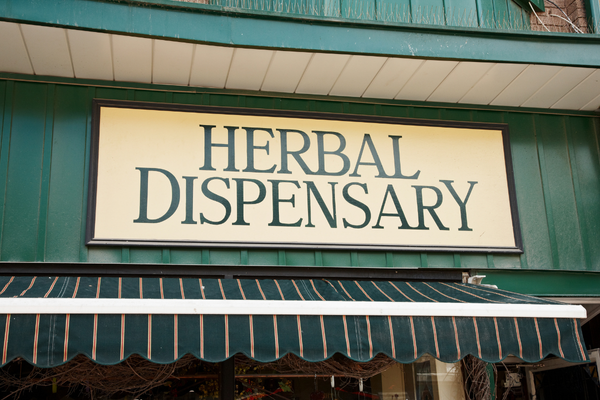



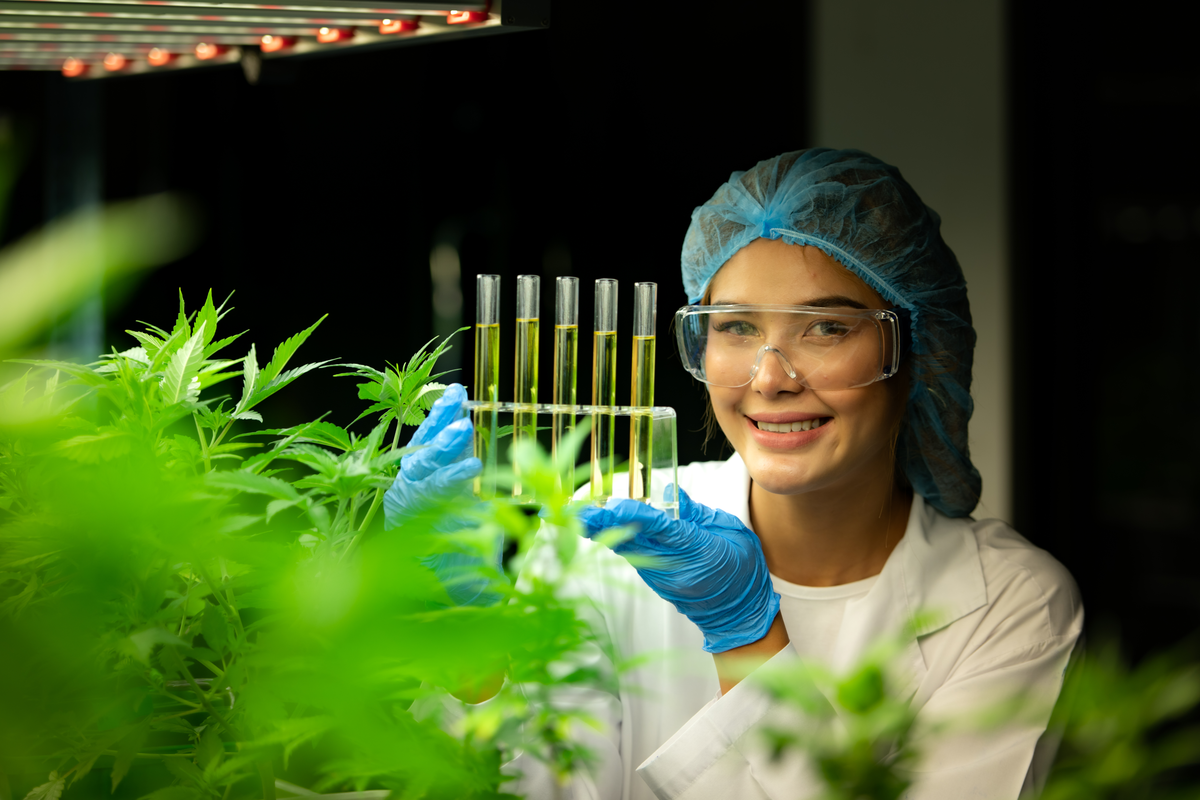











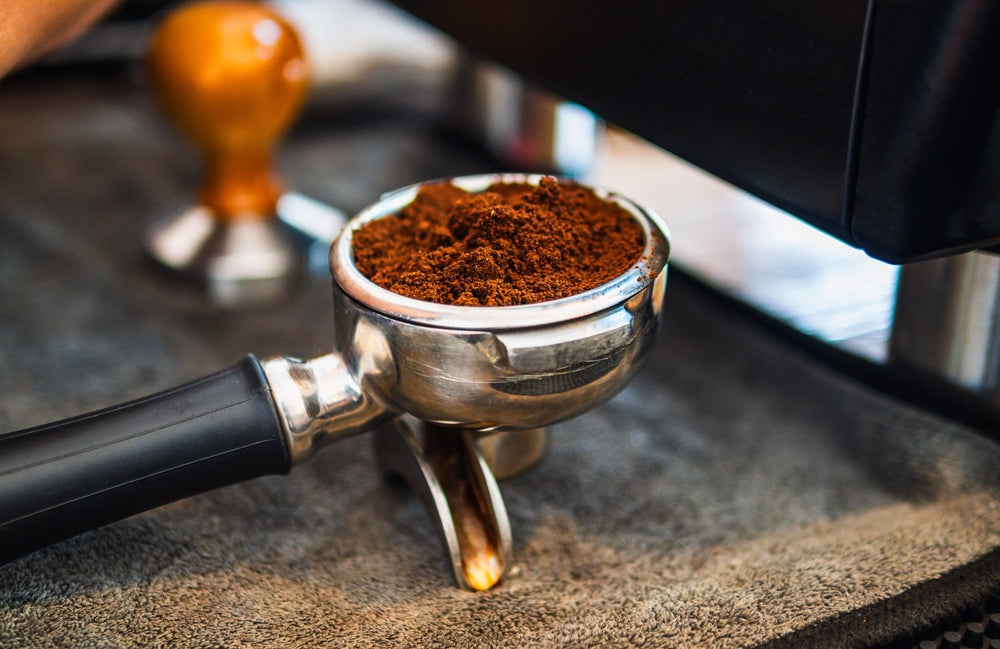

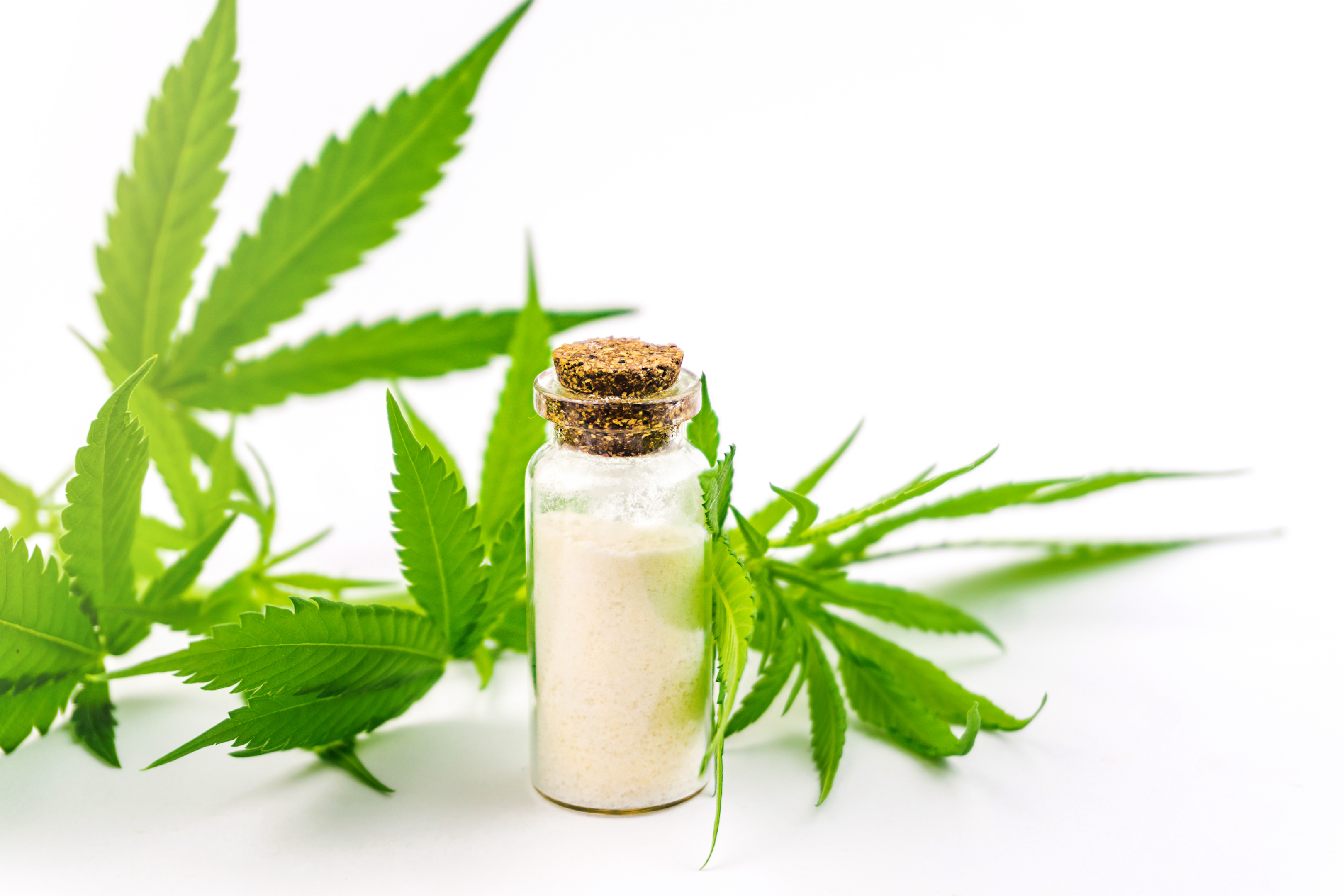

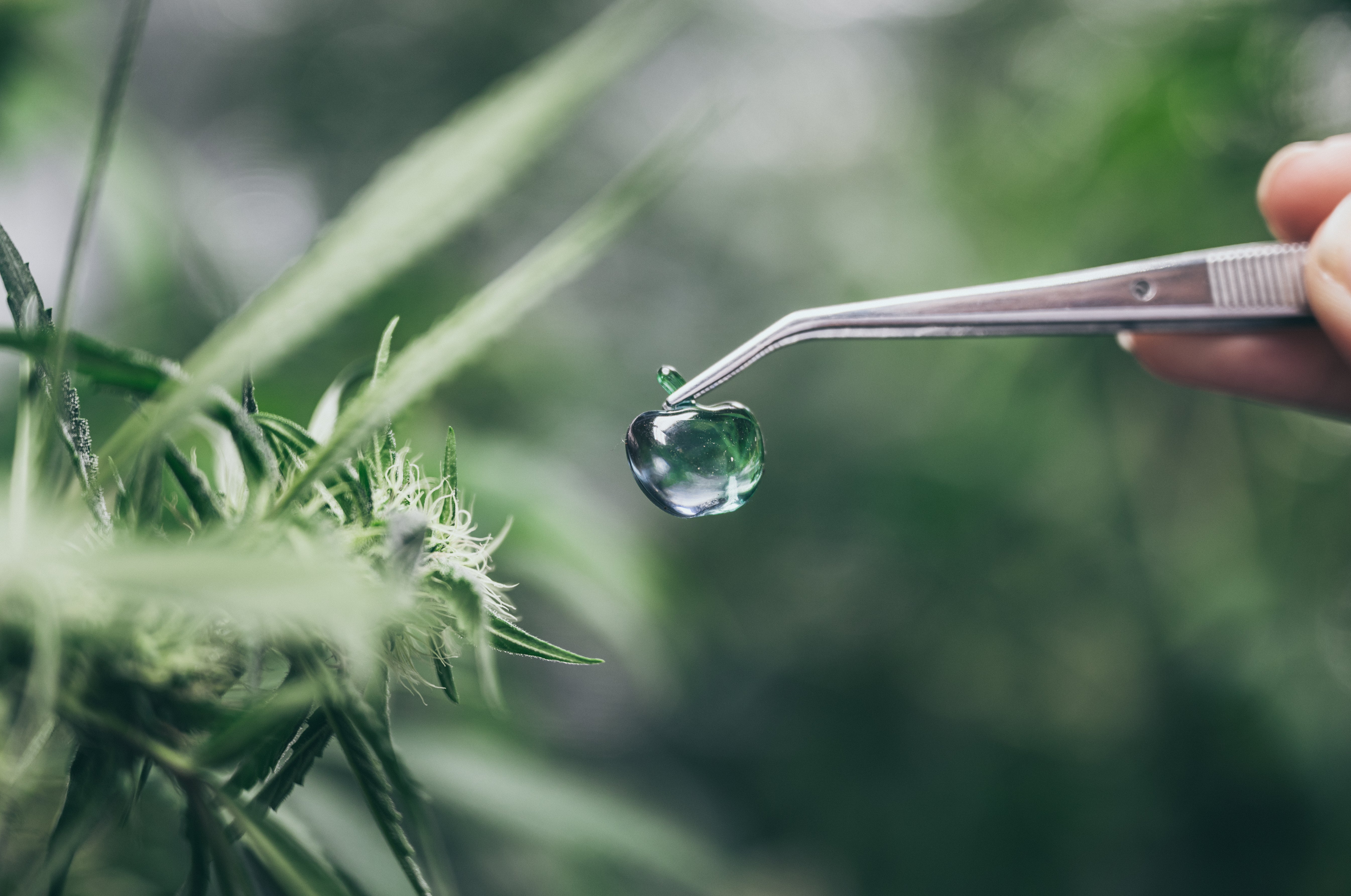
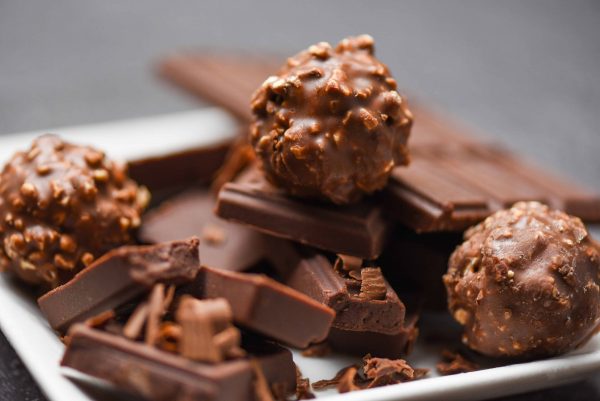
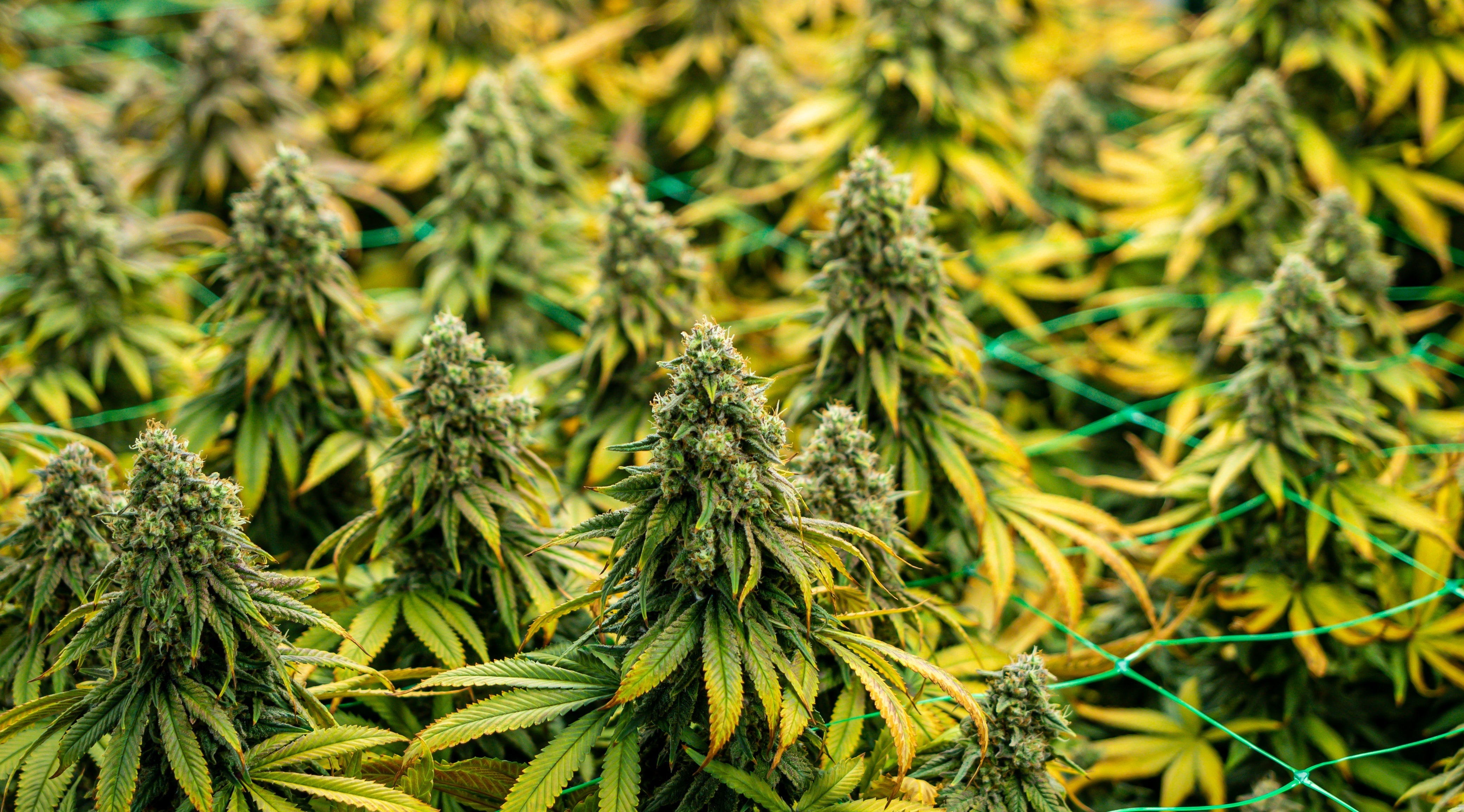
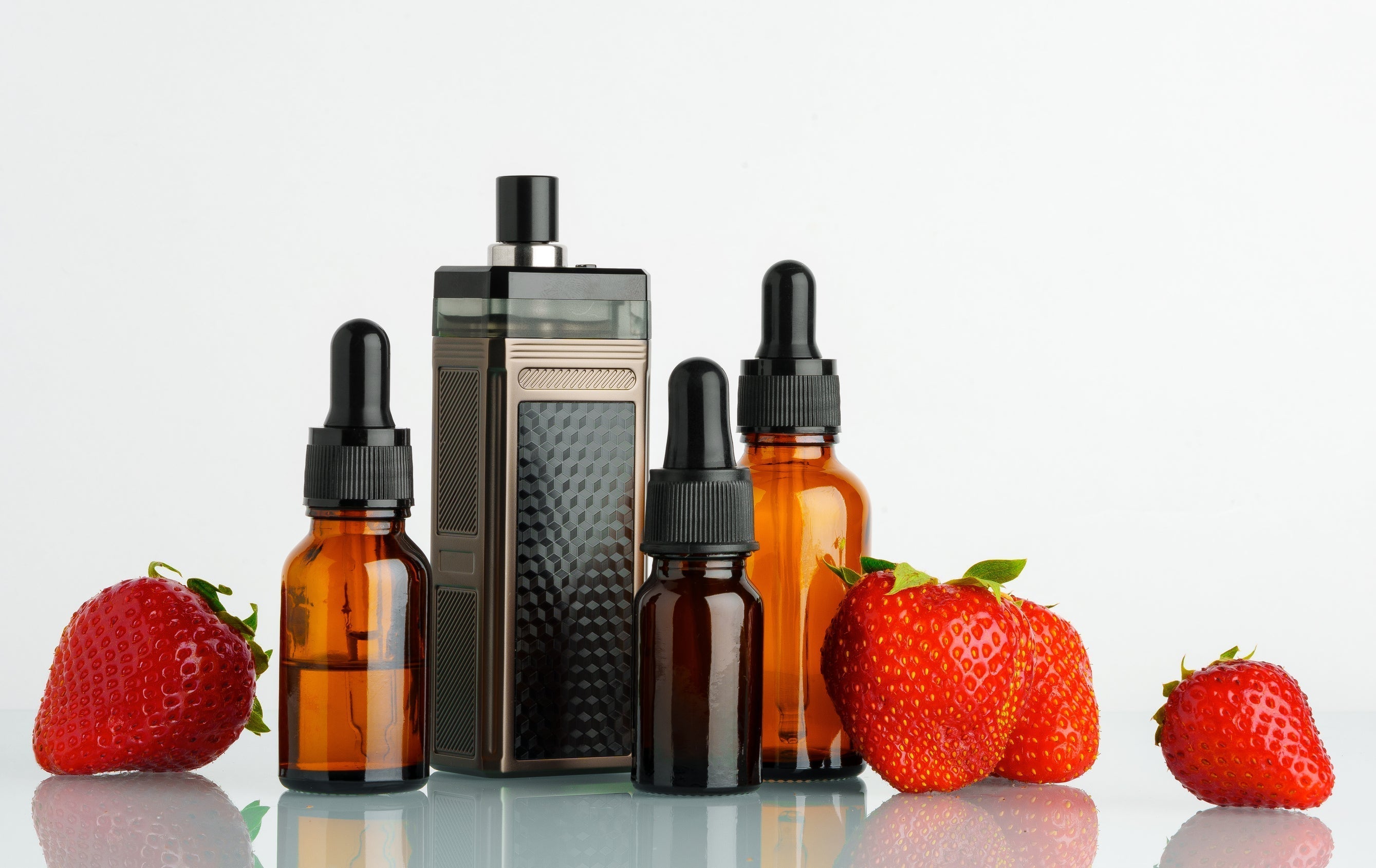

Join in on the Conversation
Your email address will not be published. Once your comment is approved, it will be published.